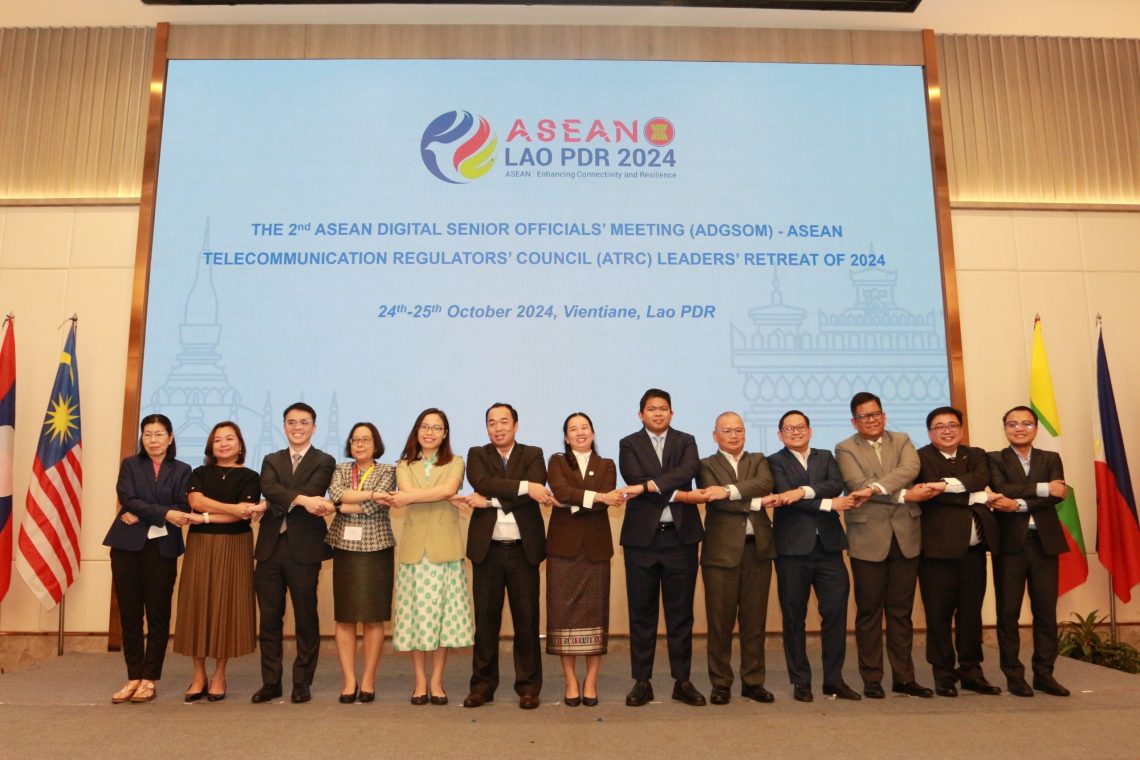Upcoming ASEAN Digital Ministers’ Meeting to Address Anti-Scam Initiatives
Thailand is taking proactive measures to combat online scams by urging ASEAN member countries to strengthen their collective efforts against this growing issue. The ASEAN Digital Ministers’ Meeting, scheduled for January 13-17 in Bangkok, aims to secure commitments from member nations to enhance anti-scam strategies.
Ministerial Participation and Focus Areas
Key Attendees and Dialogue Partners
The meeting will gather digital ministers from the 10 ASEAN nations, along with ASEAN Secretary-General Kao Kim Hourn and representatives from dialogue partners, including China, Japan, South Korea, the United States, India, and the International Telecommunication Union (ITU). This diverse participation underscores the importance of international collaboration in tackling online threats.
Assessment of Current Efforts
During the meeting, participants will evaluate the progress of the ASEAN Working Group on Anti-Online Scams, which Thailand chairs. The focus will be on assessing the effectiveness of existing measures and discussing additional strategies to improve the region’s response to online scams.
Bangkok Digital Declaration: A Comprehensive Framework
Certification of Anti-Online Scam Recommendations
A significant outcome expected from the meeting is the approval of the Bangkok Digital Declaration, which will include a certification of ASEAN Recommendations on Anti-Online Scams. This declaration aims to establish a unified approach to combatting online fraud across member states.
Themes of Digital Security and Innovation
The theme for this year’s meeting is “Secure, Innovative, Inclusive: Shaping ASEAN’s Digital Future.” This reflects a commitment to creating a safe digital environment while fostering innovation and ensuring equitable access to technology for all citizens.
Thailand’s Legislative Measures Against Cybercrime
Amendments to Cybercrime Legislation
In addition to regional efforts, Thailand is working on amending a 2023 executive decree aimed at preventing cybercrime. Proposed changes include stricter penalties for online scams, financial compensation for victims, and increased responsibilities for banks and mobile operators in preventing fraud.
Focus on Digital Assets and Online Transactions
The amendments will also address online transactions related to digital assets, highlighting the need for comprehensive regulations as digital transactions become more prevalent.
A Unified Approach to Combatting Online Scams
As Thailand prepares for the upcoming ASEAN Digital Ministers’ Meeting, the emphasis on combating online scams reflects a growing recognition of the need for regional cooperation in addressing digital threats. By fostering collaboration among member states and implementing robust legislative measures, Thailand aims to create a safer digital landscape for its citizens and visitors alike. The outcomes of this meeting could set a precedent for how ASEAN countries tackle cybercrime in the future.









